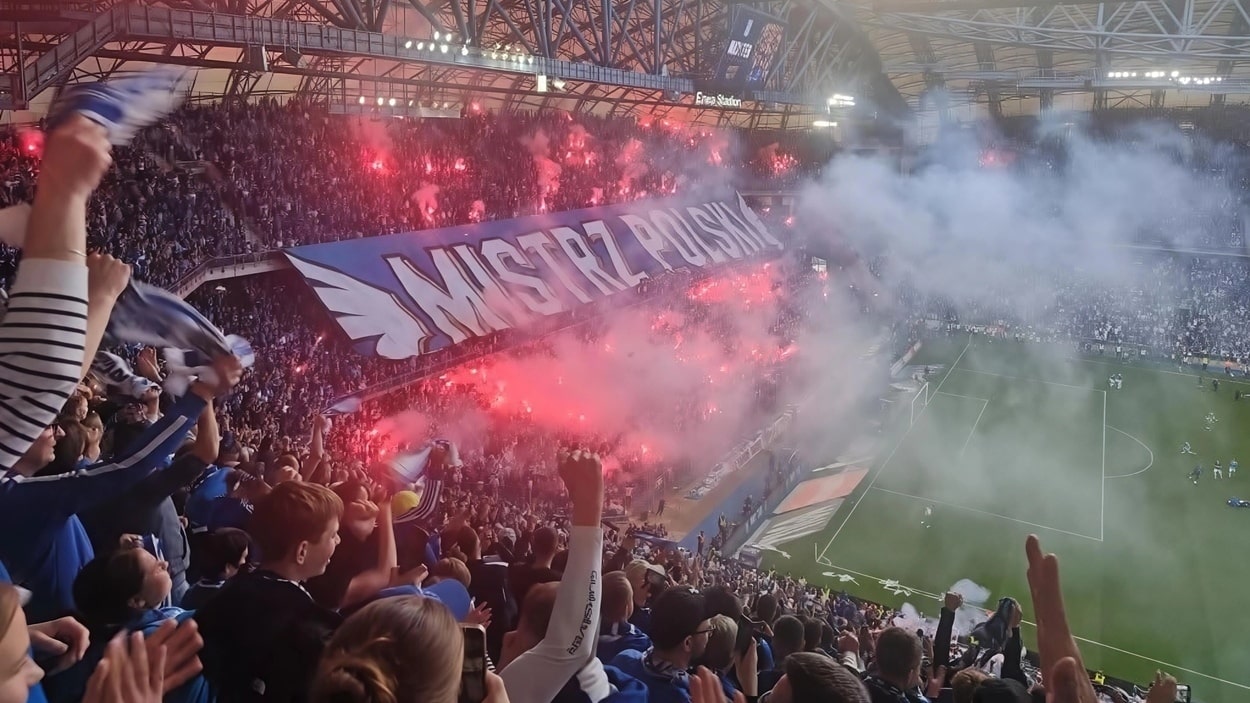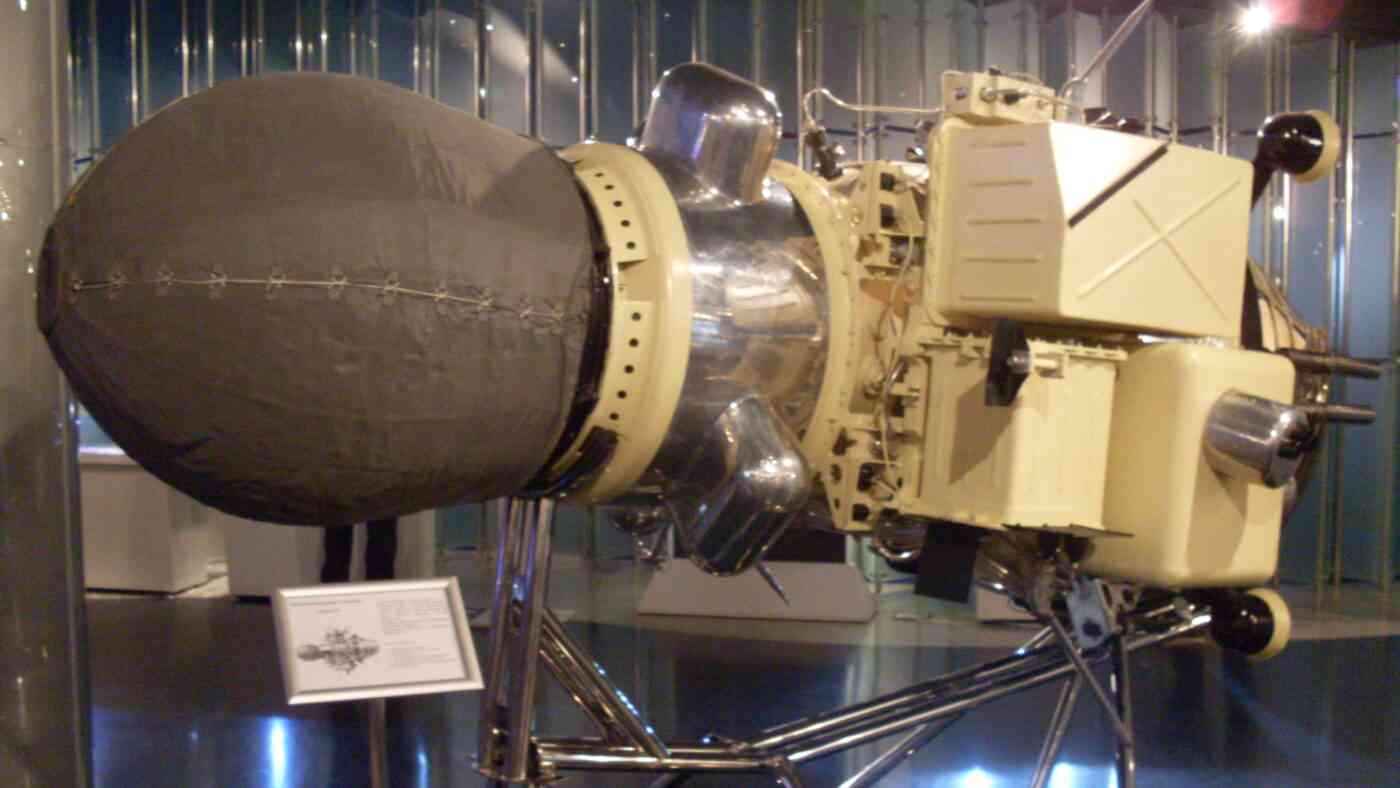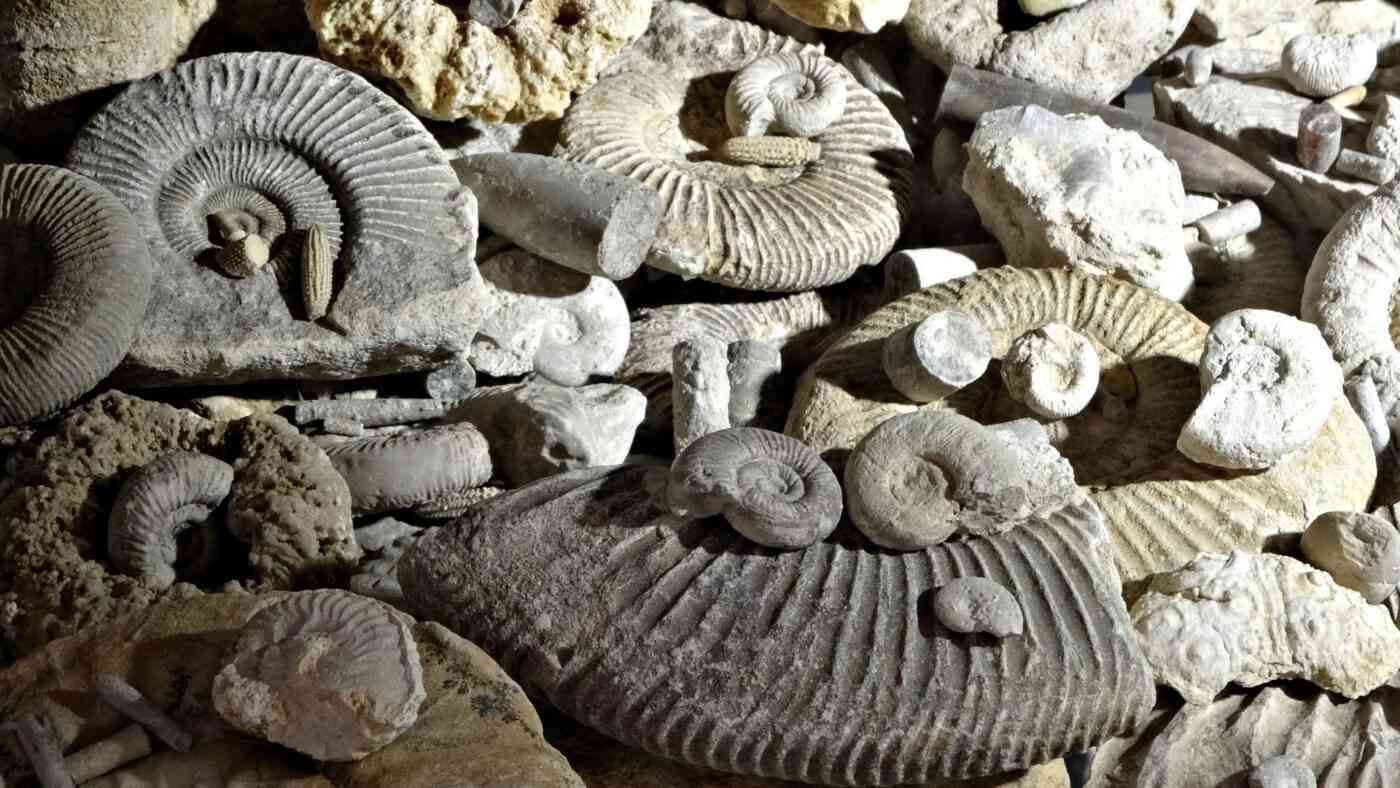Science
Lost on the Moon for 60 Years: AI Joins the Search
23 February 2026

In 1969, Honduras and El Salvador fought the so-called “Football War.” Behind its almost playful name was a bloody conflict with tanks and airstrikes, leaving up to 6,000 people dead. The spark? A football match between the two nations — proof that this game can ignite passions powerful enough to fuel war.
Whatever the truth about Honduras and El Salvador, one thing is certain: football — sometimes called the “religion of the new age” — unleashes passions like nothing else. Passions that all too often explode into battles not only inside stadiums, but also on the streets. Battles marked by looted shops and burning cars.
In the most infamous stadium disaster, at Heysel in 1985, 39 fans lost their lives. And only a year ago, in the Guinean city of Nzérékoré, a clash between rival supporters left almost 60 people dead. But because Guinea feels so far away, the tragedy barely reached European headlines.
In Poland, fortunately, we are not witnessing violence on such a scale. Clashes happen, of course, but they rarely turn into riots, and stadiums today are mostly calm. Yet it wasn’t always so. In 1980, during the Polish Cup semifinal between Legia Warsaw and Lech Poznań (Legia won 5–0), fighting spilled across the stadium and the streets of Częstochowa. Hundreds were injured. Official figures listed just one fatality, but to this day no one knows how many really died. Curiously, those street battles began not during or after the game, but long before the first whistle.
You might like to read: Jacek Piekara: The Price of Naive Hospitality? Fear on the Streets
But football is not only about emotions — both the joyous and the violent — or the criminal pathology of hooligans. Today, football above all means money. Gigantic money.

We hear about record-breaking transfer fees all the time. In Poland, a few million euros is already big news. In Western Europe, sums reach one hundred million and more. The world record remains Neymar’s move from Barcelona to Paris Saint-Germain in 2017: a staggering €222 million. Even Robert Lewandowski and other Polish stars, playing for top Western clubs, sit far down the list of the most expensive transfers.
To grasp the scale of the money involved, consider this: the market value of each of the seven richest European clubs exceeds one billion euros. The next ten clubs on the list are each worth over half a billion. No wonder football is no longer just about sport — it is a monstrous business where organizations like FIFA and UEFA handle multi-billion-dollar budgets, and their presidents wield political influence greater than many heads of government.
We have beautiful stadiums, respectable finances, and passionate supporters of top teams like Legia, Lech, or Jagiellonia. What we haven’t had, historically, are clubs strong enough to dominate in Europe. That, however, is beginning to change. Victories by Legia and Jagiellonia against major English and Spanish teams are still rare, but they do happen. And the humiliations — defeats against Icelandic, Luxembourgish, or Latvian sides — have thankfully become a thing of the past.
European club football works like a self-sustaining machine. The better you play, the higher you climb in the rankings. The higher your ranking, the more money you earn. The more money you earn, the better you can play — and the cycle continues. The Czechs have mastered this system brilliantly, securing 10th place in Europe. And now we not only want that position — we just might have a real shot at it.
Football, when stripped of the pathology that clung to it for decades, is more than an exciting sport or global entertainment. It is also one of the engines of the economy. In Poland, it is still a small cog rather than a wheel, but year by year it spins faster. Attending football matches is becoming fashionable, safe, and increasingly family-friendly, with clubs actively encouraging parents to bring their children.
Football also binds communities together. In Poland, supporters are often deeply patriotic, engaged with history far beyond the pitch. Legia Warsaw fans, for example, clean the graves of insurgents, take part in charity drives, and stage breathtaking stadium choreographies — such as the famous display commemorating German atrocities in World War II, which drew international media attention.
And beyond patriotism, there is something even more universal: hope. Football can lure children away from computer screens and into real-life games with real teammates. In the backyards of the Global South, thousands of young players dream not only of glory but of escape to a better life.
In Poland, we may not face the harsh realities of Brazilian favelas or African slums. Yet we, too, have countless stories of kids who turned passion into a career, rising from obscurity to the spotlight. Stories of going, quite literally, from zero to hero. And may there be many more.
Read the original article: Krew, kibice i pieniądze. Jacek Piekara o prawdziwym obliczu futbolu


Science
22 February 2026

Zmień tryb na ciemny